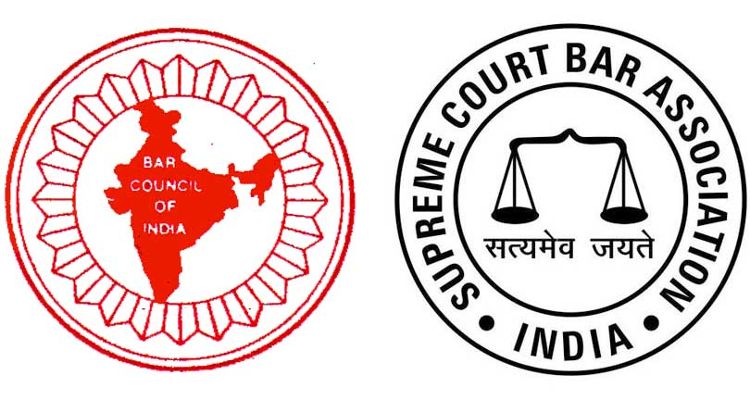
The BCI issued a circular on May 20, urging all Centers for Legal Education (CLEs) to promptly adopt a series of reforms. The circular references Prime Minister Narendra Modi’s remarks on legal education, advocating for the integration of new subjects, mandatory inclusion of mediation, bolstering exchange programs, enhancing female enrollment, and other initiatives. It calls upon all CLEs to implement these changes without delay.
Here is the full story:
1. Inclusion of Emerging Subjects: Subjects such as Blockchain technology, Electronic-Discovery, Cyber-Security, Robotics, Artificial Intelligence, and Bio-Ethics to be integrated into legal education.
2. Emphasis on Constitutional Values: Legal practice to emphasize a deep understanding of constitutional values, including social, economic, and political justice.
3. Societal Context: Syllabus to include socio-economic and cultural contexts for a comprehensive understanding of the law.
4. Bilingual Education: Adoption of both English and regional languages to improve access to justice.
5. Critical Thinking: Students encouraged to engage in critical and interdisciplinary thinking, fostering research and collaboration across disciplines.
6. Mandatory Mediation: Integration of mediation as a compulsory subject in legal education.
7. Computer Education: Implementation of previous circulars to incorporate computer education into legal studies.
8. Incorporation of New Laws: Inclusion of new criminal law enactments into the curriculum starting from the academic year 2024-2025.
9. Equivalence of Degrees: Foreign law degrees must be equated to Indian degrees through the BCI, ensuring recognition.
10. Compliance and Accountability: CLEs expected to align with BCI regulations, report adherence, and ensure effective legal education. Non-compliance will result in disciplinary action, with errant universities facing consequences.




